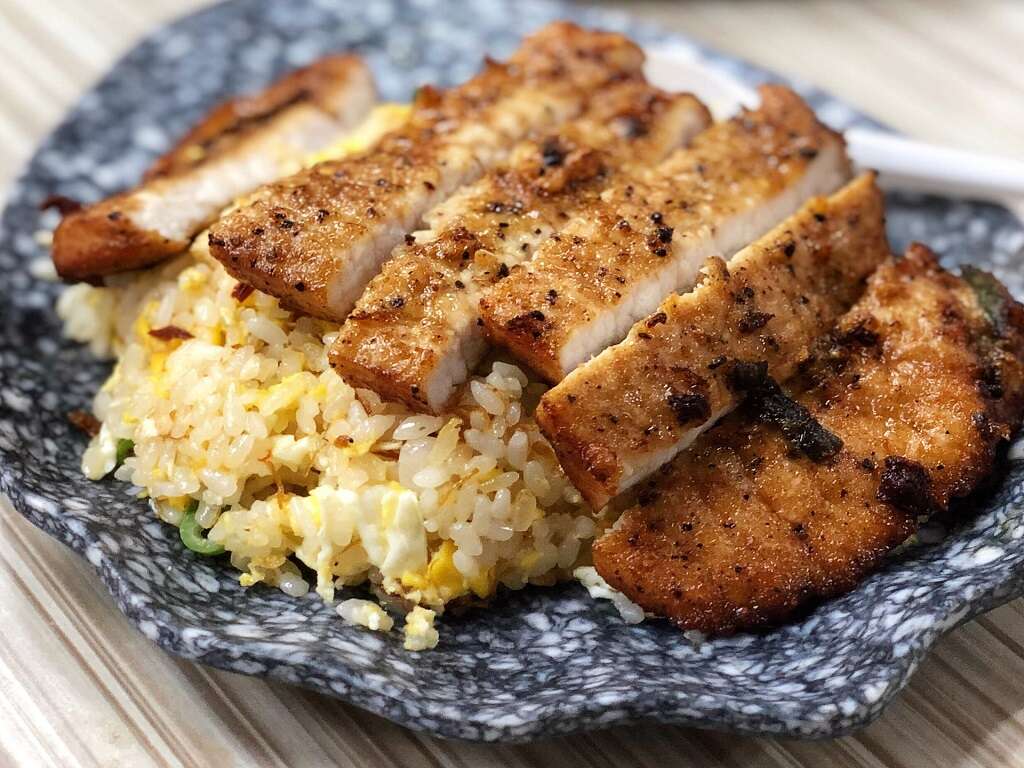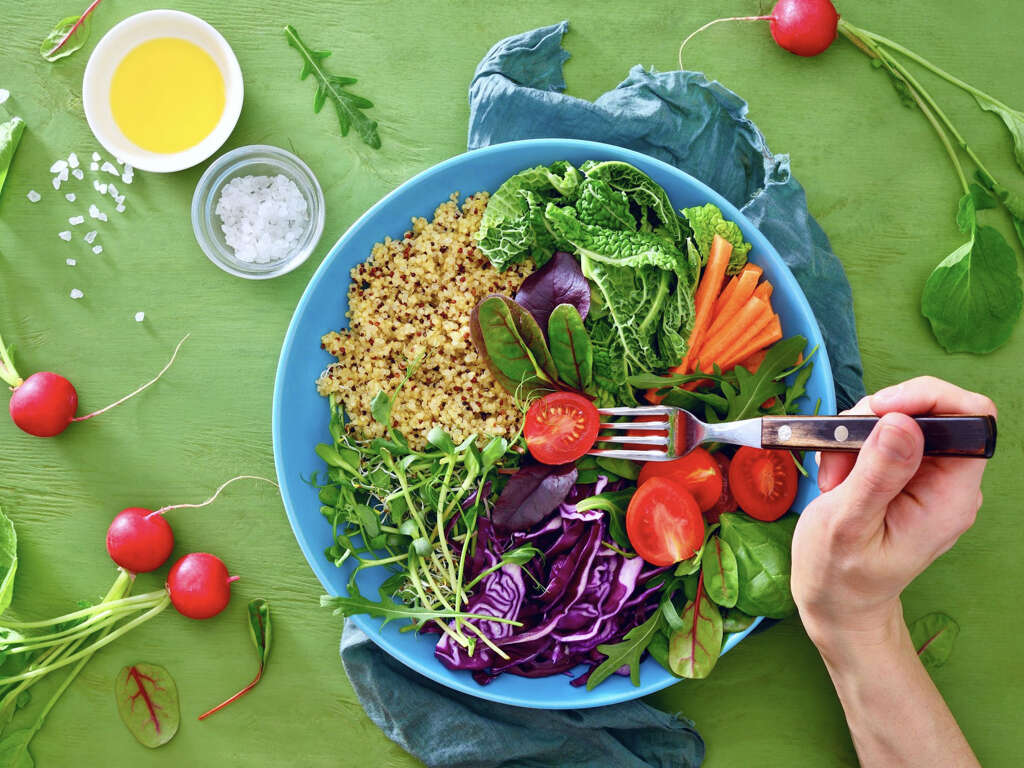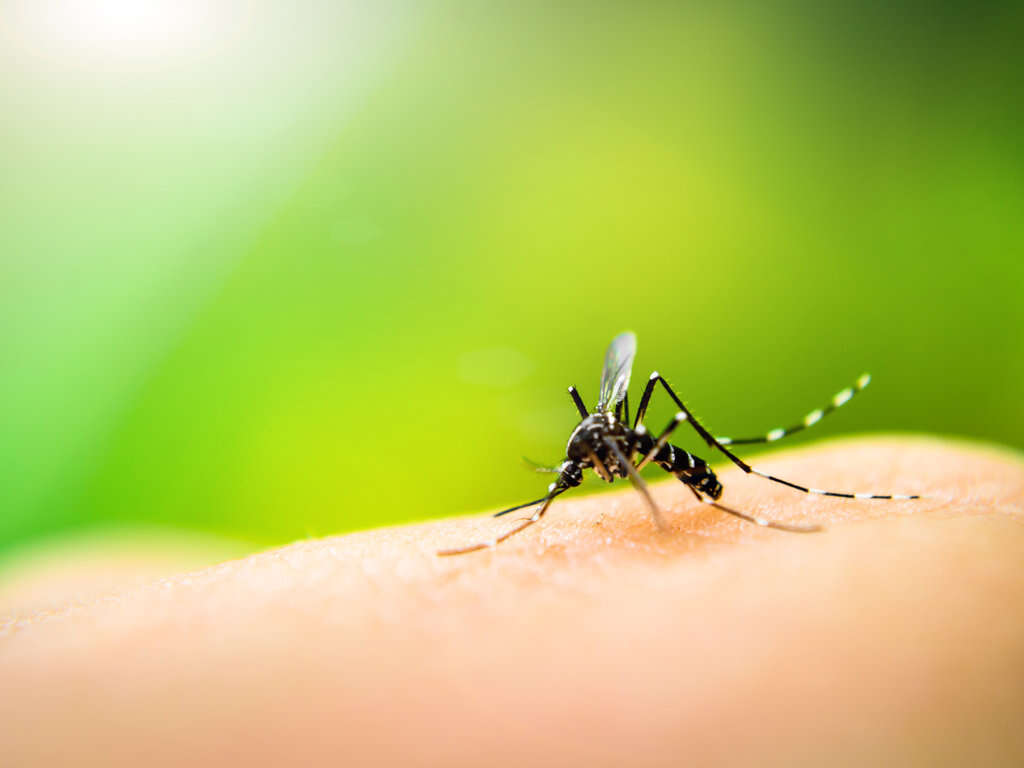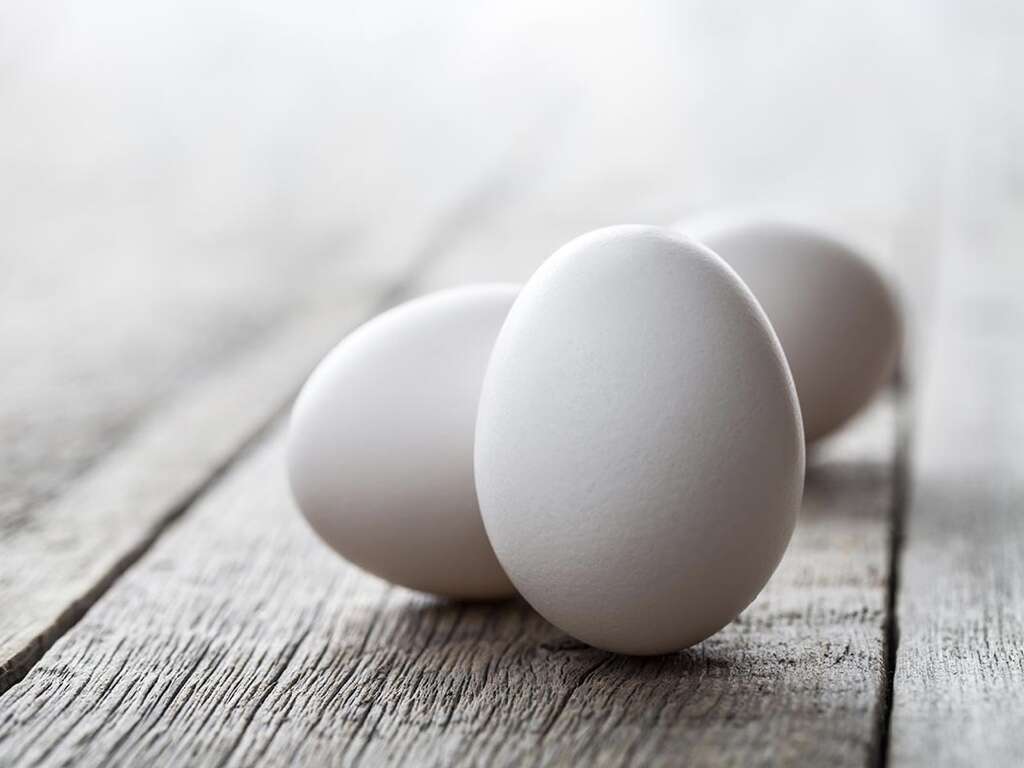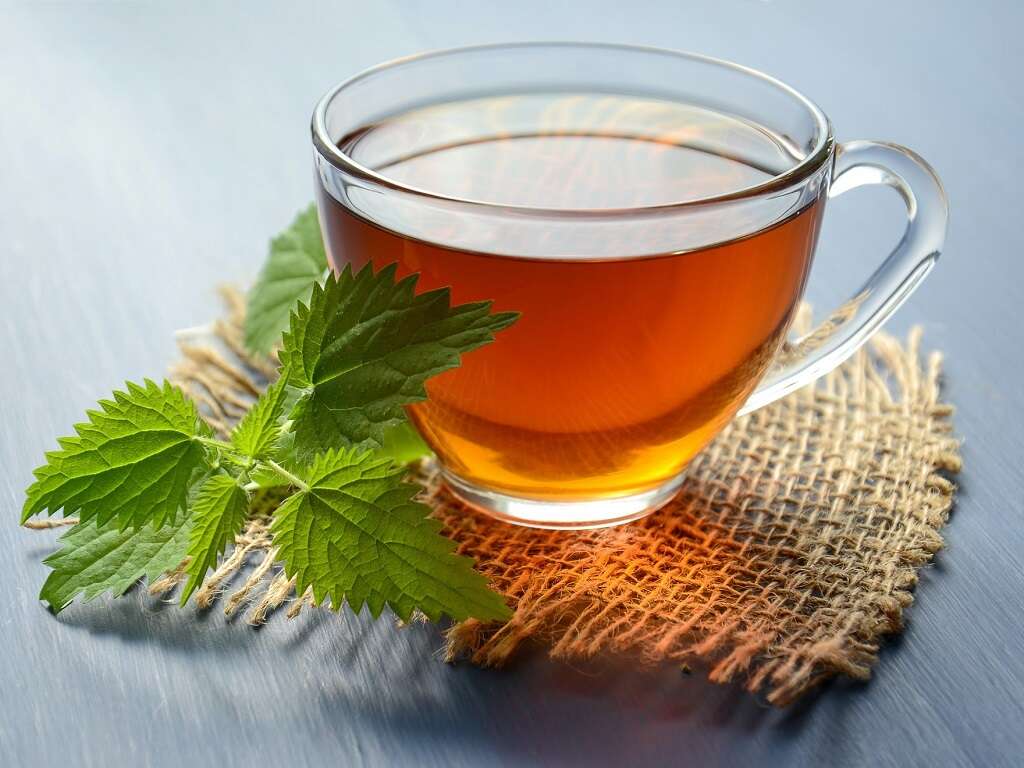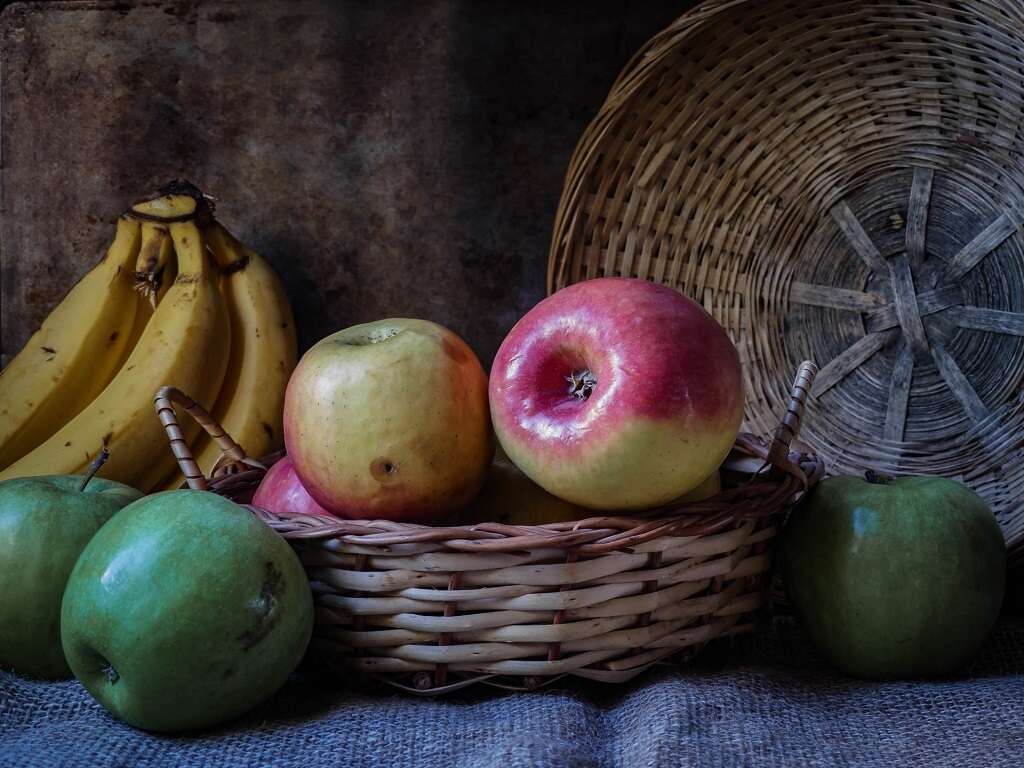What Is the Lectin Free Diet?
The lectin-free diet is a diet popularized by Dr. Steven Gundry, a former heart surgeon who proposed the diet after switching his focus to food and supplement-based medicine. When he popularized the diet, he described lectins as the main danger often found in the American diet. He subsequently wrote a book on alternative food choices, recipes, and methods to avoid lectins. Per his book, he aims to help people lose weight and improve their health.
Lectins are often found in various foods. Since some experts believe that lectins can be harmful if consumed in great quantities or poorly cooked, lectin-free diets are proposed. Generally, a lectin-free diet is free of legumes, pulses, most grains, seafood, eggs, and many types of fruits and vegetables.

1. Dr. Steven Gundry
Dr. Steven Gundry is an American doctor who formerly specialized as a cardiac surgeon. He conducted cardiology research in the 1990s and was one of the pioneers in heart transplant surgery for infants. He has switched his focus to diet and food and currently runs his own clinic. He is also a New York Times bestselling author for books and is best known for his disputed claims regarding the inflammation caused by lectins. The Plant Paradox diet proposed by Dr. Gundry suggests avoiding all foods that contain lectins. He also sells supplements that he claims to reverse and protect against the damaging effects of lectin.

2. What are Lectins?
Lectins are carbohydrate-binding proteins specific for sugar groups. They play a role in the molecular and cellular level in various biological recognition phenomena. Besides that, they also mediate the binding and attachment of viruses and bacteria to their targets.
Lectins are abundant and can be found in various foods such as grains and beans. However, lectin content can be reduced if the foods are cooked or fermented. While some lectins such as ricin are powerful toxins, there are also beneficial lectins that promote bone growth.
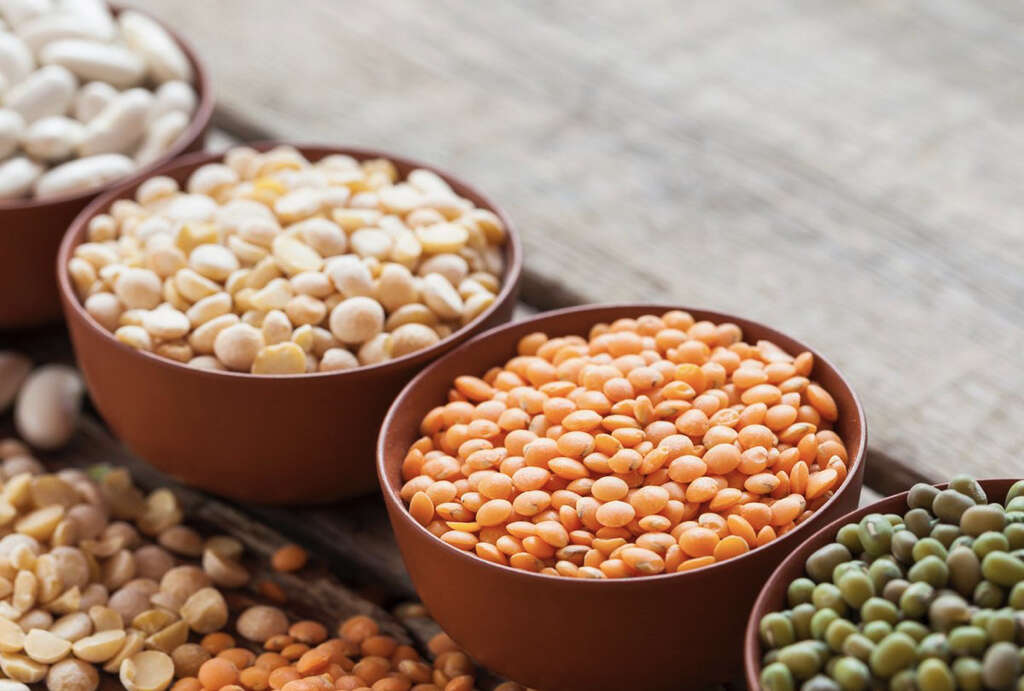
3. Benefits of a Lectin-Free Diet
There are several experts who believe that lectins can cause harm as their consumption leads to inflammation. Older literature have previously linked lectins to autoimmune diseases such as rheumatoid arthritis, diabetes, and celiac disease. One study specifically discussed the impact on the immune system due to wheat germ lectin.
Based on this theory, lectin causes long-term inflammation that is linked to various medical conditions such as depression, heart disease, and cancer. These experts who believe in a lectin-free diet also report that lectins make it easier for toxins and bacteria to cross the gut barrier, causing more harm to the body.
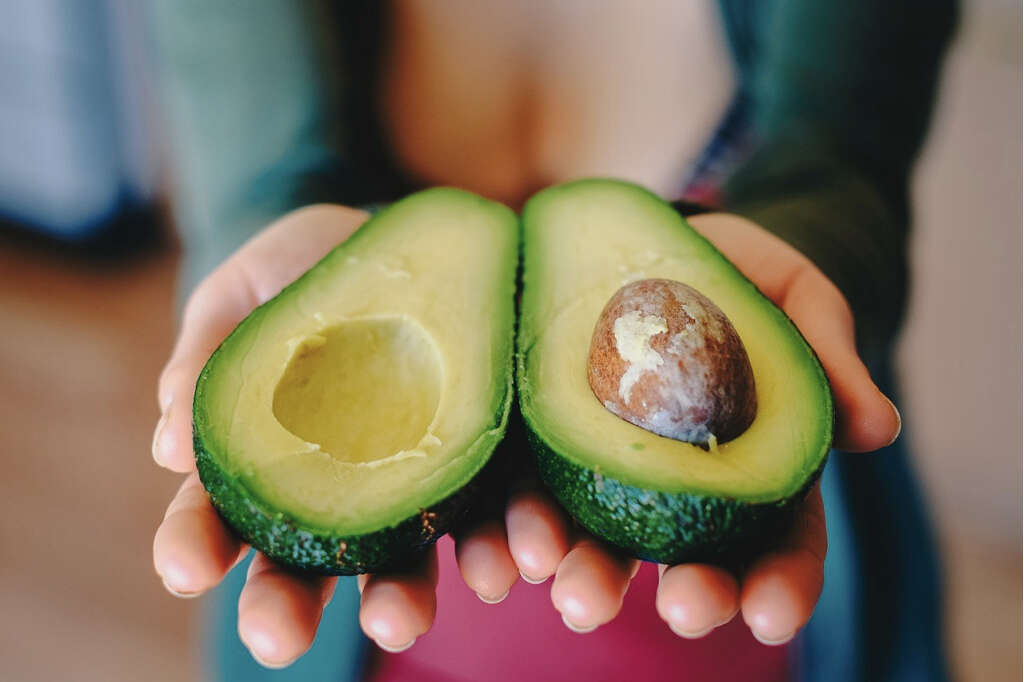
4. Risks of the Lectin-Free Diet
The research regarding the lectin-free diet is sparse. Most studies on this topic have only been conducted in animal models and do not involve humans. With inadequate evidence, it is important to conduct more research instead of simply believing the claims on websites, supplements, and cookbooks.
The lectin-free diet prohibits the consumption of many healthy foods causing it to be hard to adhere to. This also means that the diet lacks many nutrients that are often needed for optimal health. The diet restricts the consumption of whole grains, certain vegetables, and beans. All these foods have been proven to reduce the risk of cancer, heart disease, and diabetes while providing many health benefits. It is also important to note that following this diet can be expensive as it recommends the use of expensive supplements, specialty milks, and pasture-raised meats.
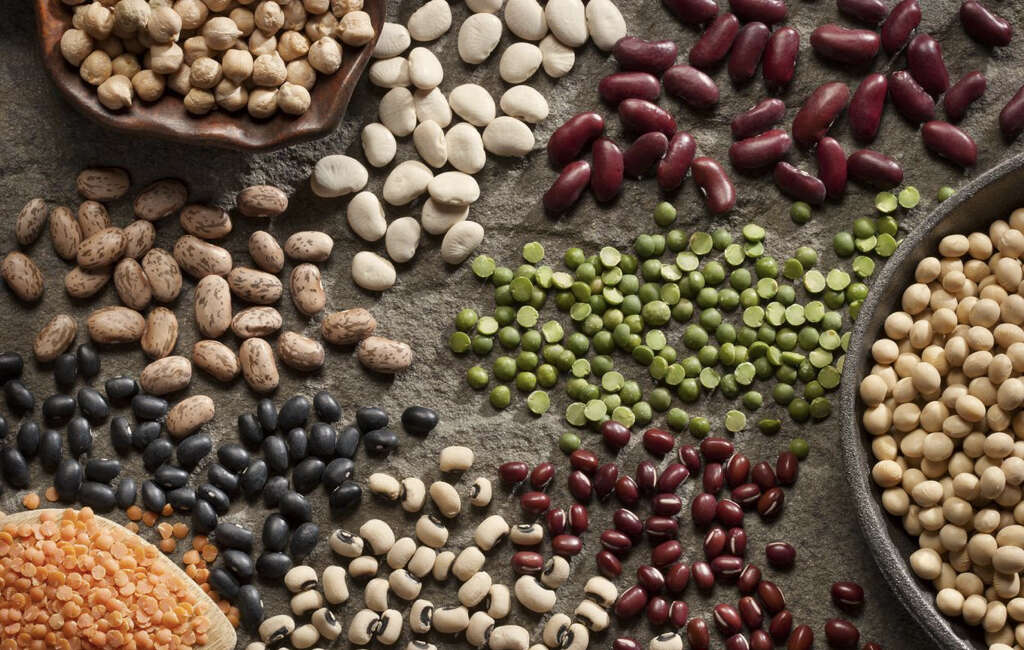
5. Foods to Eat
To limit the amount of lectin intake, some recommended foods include asparagus, mushrooms, celery, avocado, garlic, onion, cruciferous vegetables, cooked sweet potatoes, olives, pasture-raised meats, A2 milk, and leafy green vegetables. It is important to known that all fruits, vegetables, and animal products contain lectins.
Those on the diet will need to know which fruits and vegetables are on the lower end of the lectin scale. All forms of animal protein such as eggs, fish, chicken, and beef can be eaten. Fats permissible include butter, walnuts, hemp seeds, pistachios, pecans, pine nuts, sesame seeds, flax seeds, and brazil nuts.

6. Foods to Avoid
Some of the foods that should be avoided while on the diet are squash, legumes (lentils, beans, peanuts, peas), fruit, grains, nightshade vegetables (tomatoes, peppers, potatoes, eggplant), A1 milk, meat from corn-fed animals, and corn. Those on the diet should only consume products made from white flour instead of whole wheat.
Other forbidden foods include pastry, cereal, agave, honey, sugar, aspartame, maple syrup, edamame, soy sauce, tofu, cheeses, yogurts, and more. For vegetarians or vegans who are following this diet, legumes are permitted only if properly prepared in a pressure cooker.
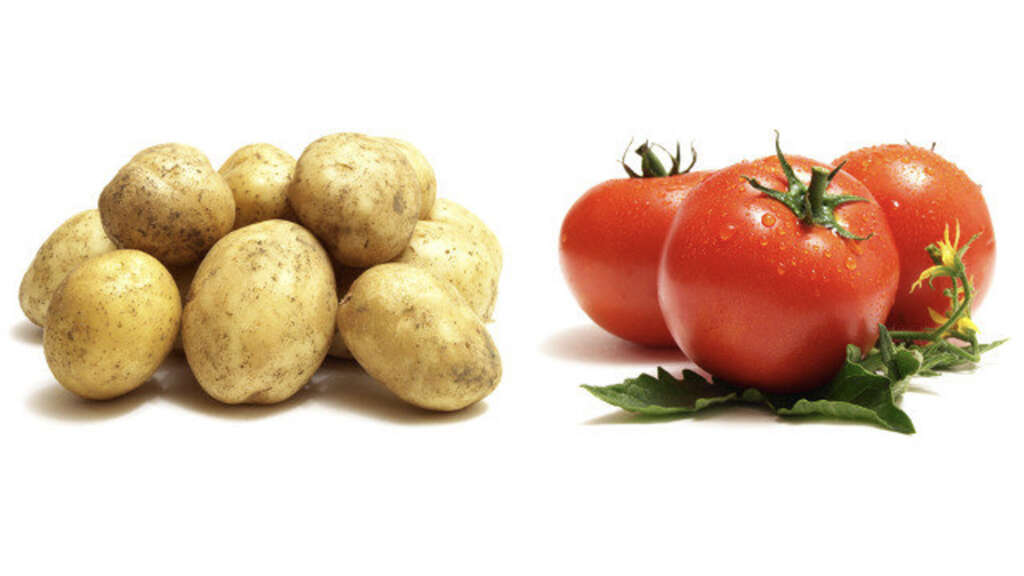
7. Guidelines
Those who are interested in following the lectin-free diet can prepare foods that contain lectins using a pressure cooker as this can help reduce the levels of lectin. Beans can be soaked and boiled to reduce the lectin content. Additional methods include sprouting or fermenting the beans and grains.
As part of the trial and error approach, a journal to keep track of potential improvements and experiences can be beneficial. Since the lectin-free diet recommends avoiding most foods that are high in dietary fiber, it is important to eat enough recommended fruits and vegetables to prevent constipation. A fiber supplement may also be helpful. Before starting this diet, it is best to discuss with your dietitian or doctor.

8. Evidence against the Lectin-Free Diet
Currently, there is very little to no literature that proves that the lectin-free diet can help resolve autoimmune diseases or medical conditions. However, our diet can play an important role in our health especially if there is a chronic condition. If the symptoms tend to be triggered by foods, consider discussing these issues with a registered dietitian who can offer modifications and suggestions that may help ease the symptoms.
A dietitian that specializes in gastrointestinal issues may recommend a short-term elimination diet. While there is some research that indicates lectins can lead to negative health effects, the amount required to produce the negative effects would be much higher than a typical diet. Additionally, most lectin-free foods are recommended as part of a healthy diet.

9. Evidence Showing the Lectin-Free Diet Works
As previously mentioned, the scientific research on lectins in humans are minimal. However, animal model studies have indicated that a lectin-free diet can benefit individuals with food intolerances. In recent years, the celebrity Kelly Clarkson has also spoken out regarding the efficacy of the diet, claiming that the diet helped with her weight loss and resolution of her autoimmune thyroid issues.
Despite the strong disagreement of his peers, Dr. Gundry has also used data from his own patients as evidence and presented the results at an American Heart Association conference. His results showed that out of 102 study participants on a lectin-free diet, 95 of the patients showed improvements in biomarkers of autoimmune disease and inflammation after nine months.

10. Lectin-Free Diet vs. Plant Paradox Diet
The Plant Paradox diet is a derivative of the lectin-free diet popularized by Dr. Gundry. The main difference between the two diets is that the Plant Paradox diet goes a step further to involve healthy foods. In the Plant Paradox diet, copious amounts of resistant starch and diverse prebiotic fiber to increase microbial diversity, which correlates to good health, is included.
The Plant Paradox diet also recommends limiting the consumption of fruit, keeping the sugar intake low, consuming organic and locally sourced foods, and eating animal protein in moderation (except seafood).




